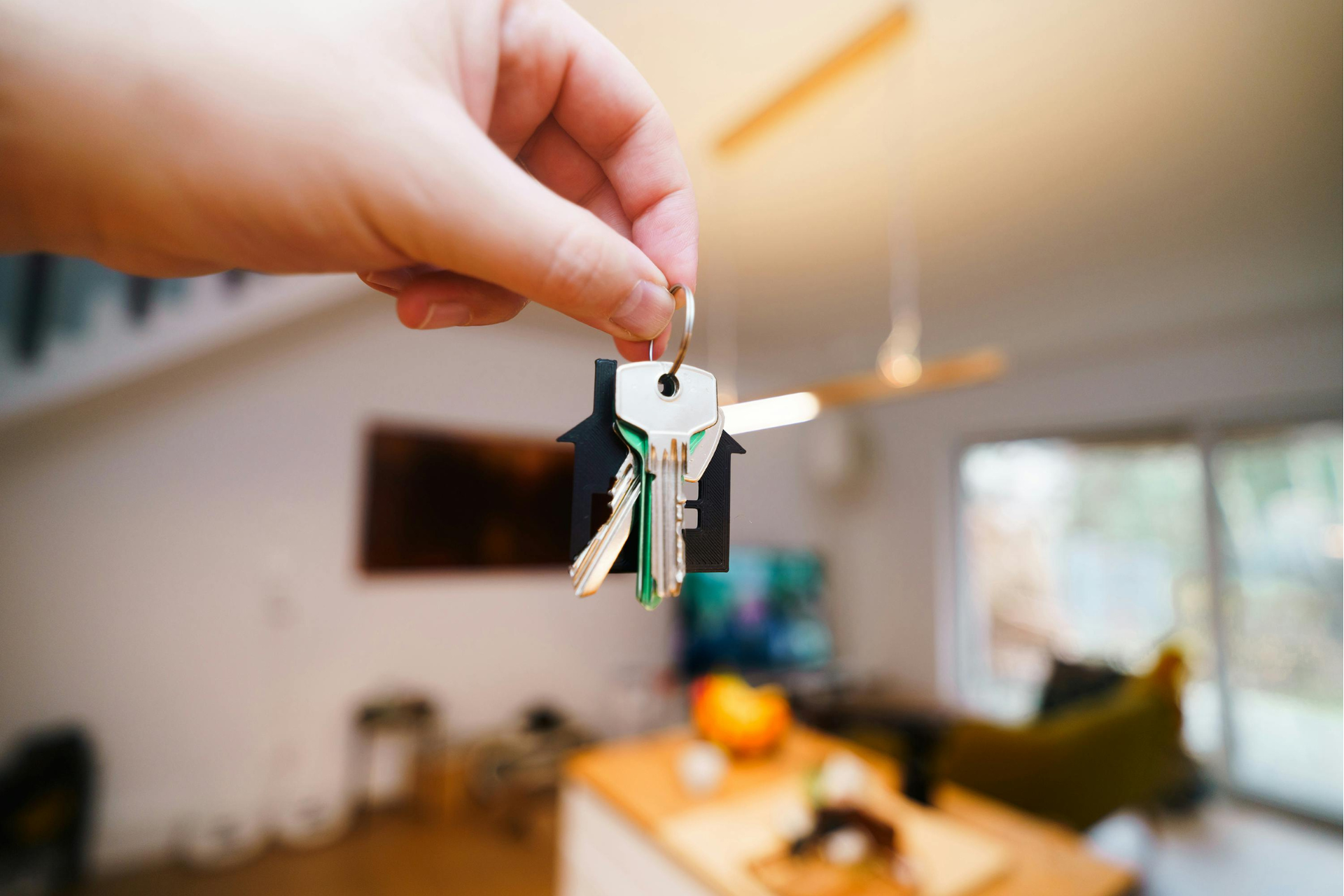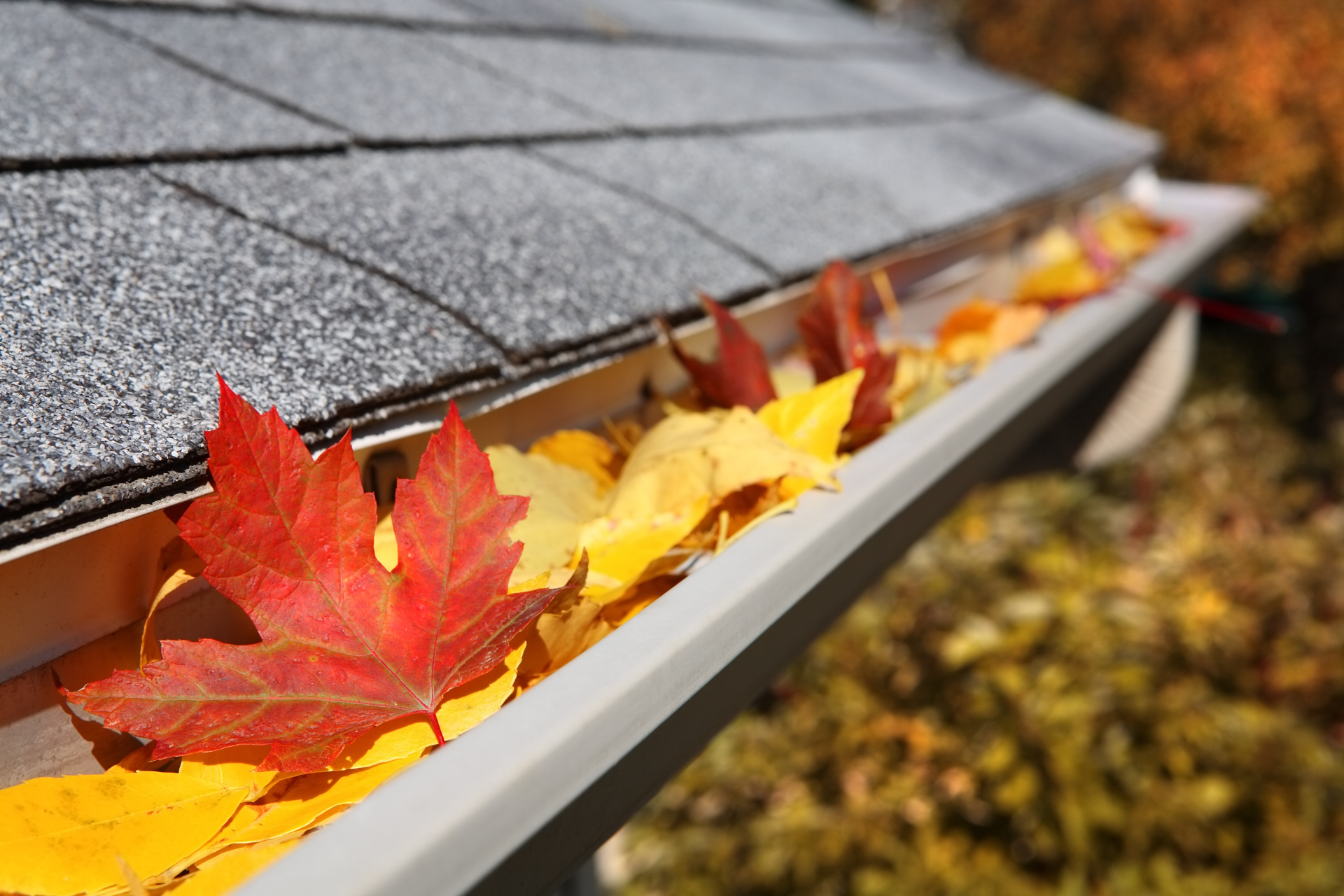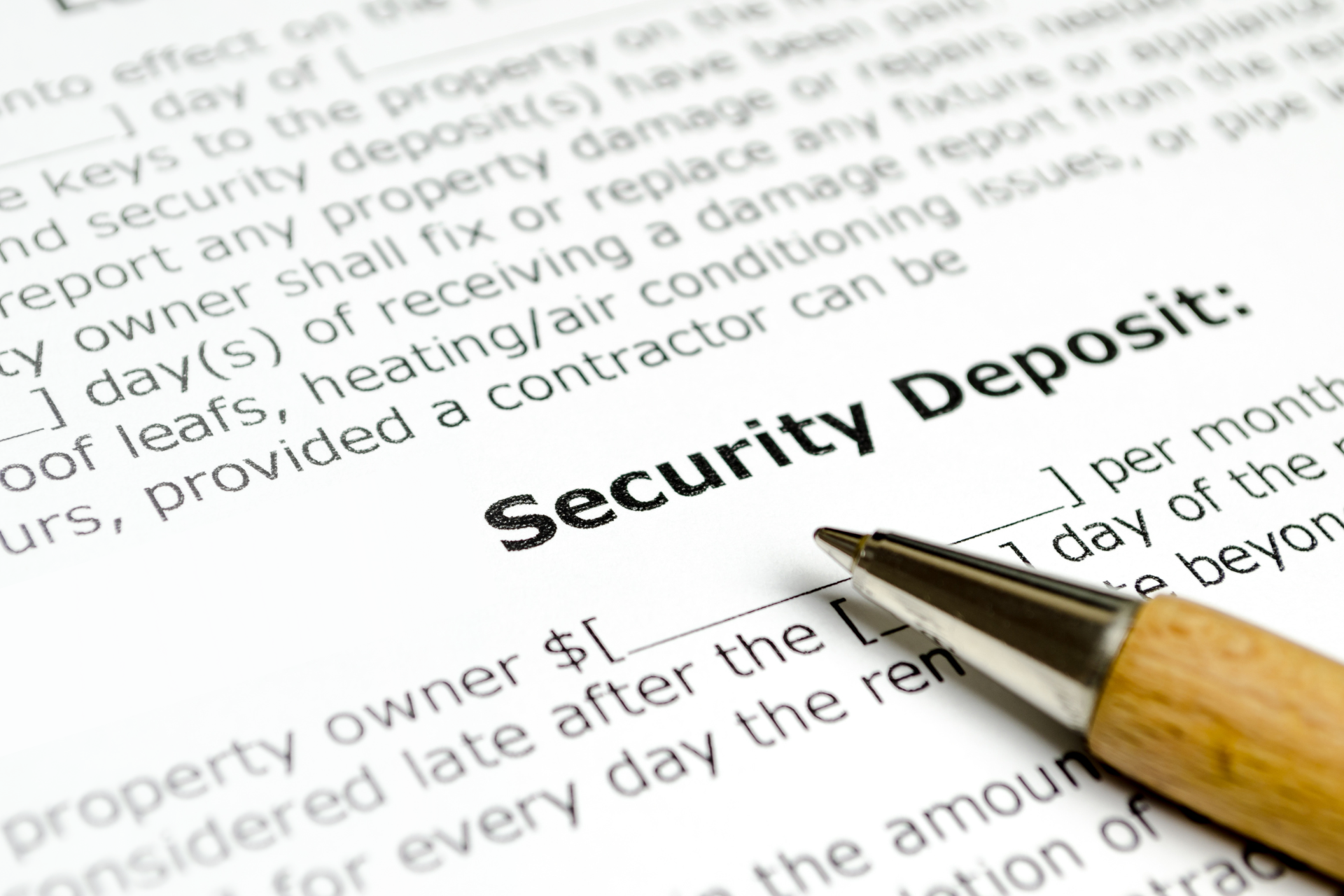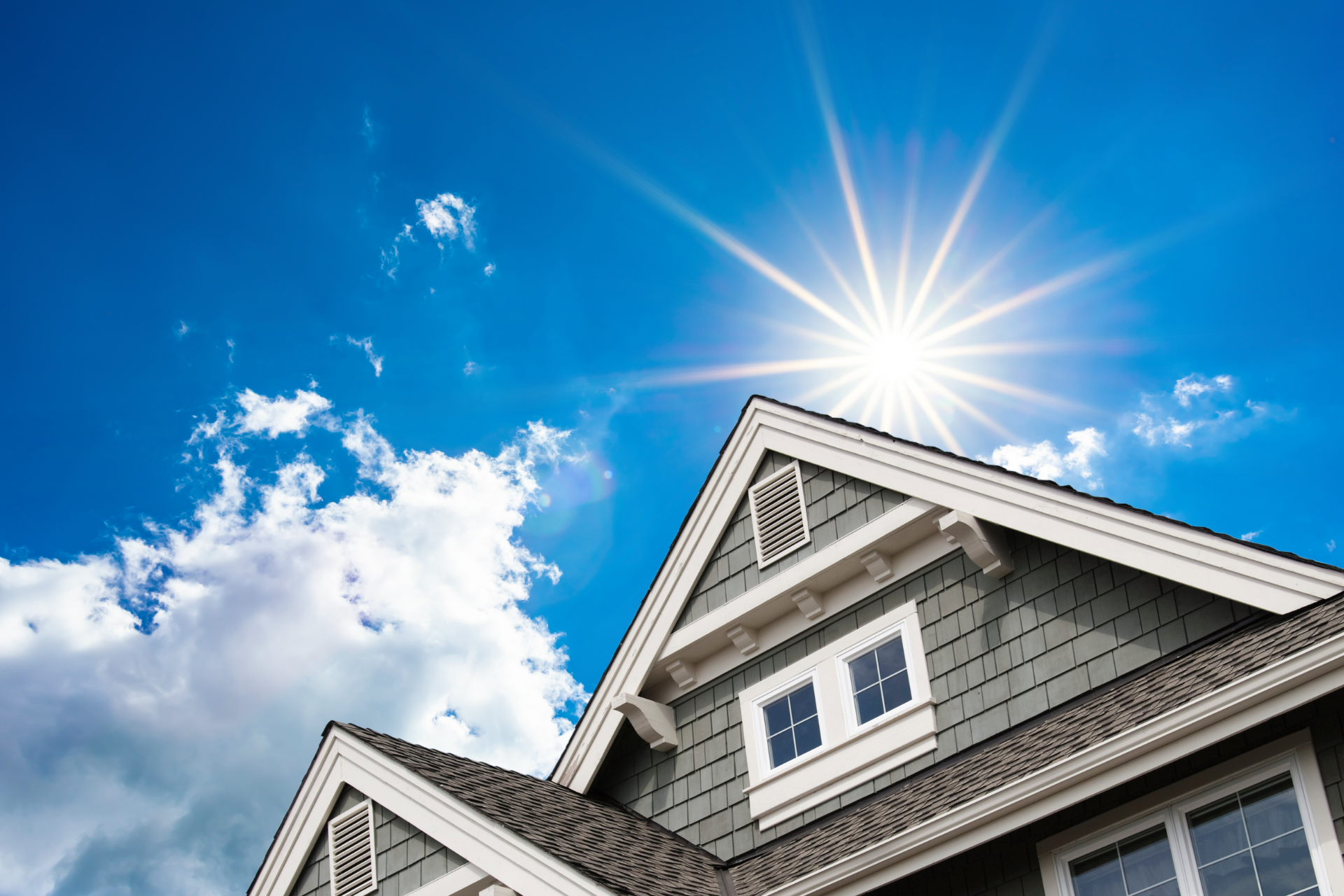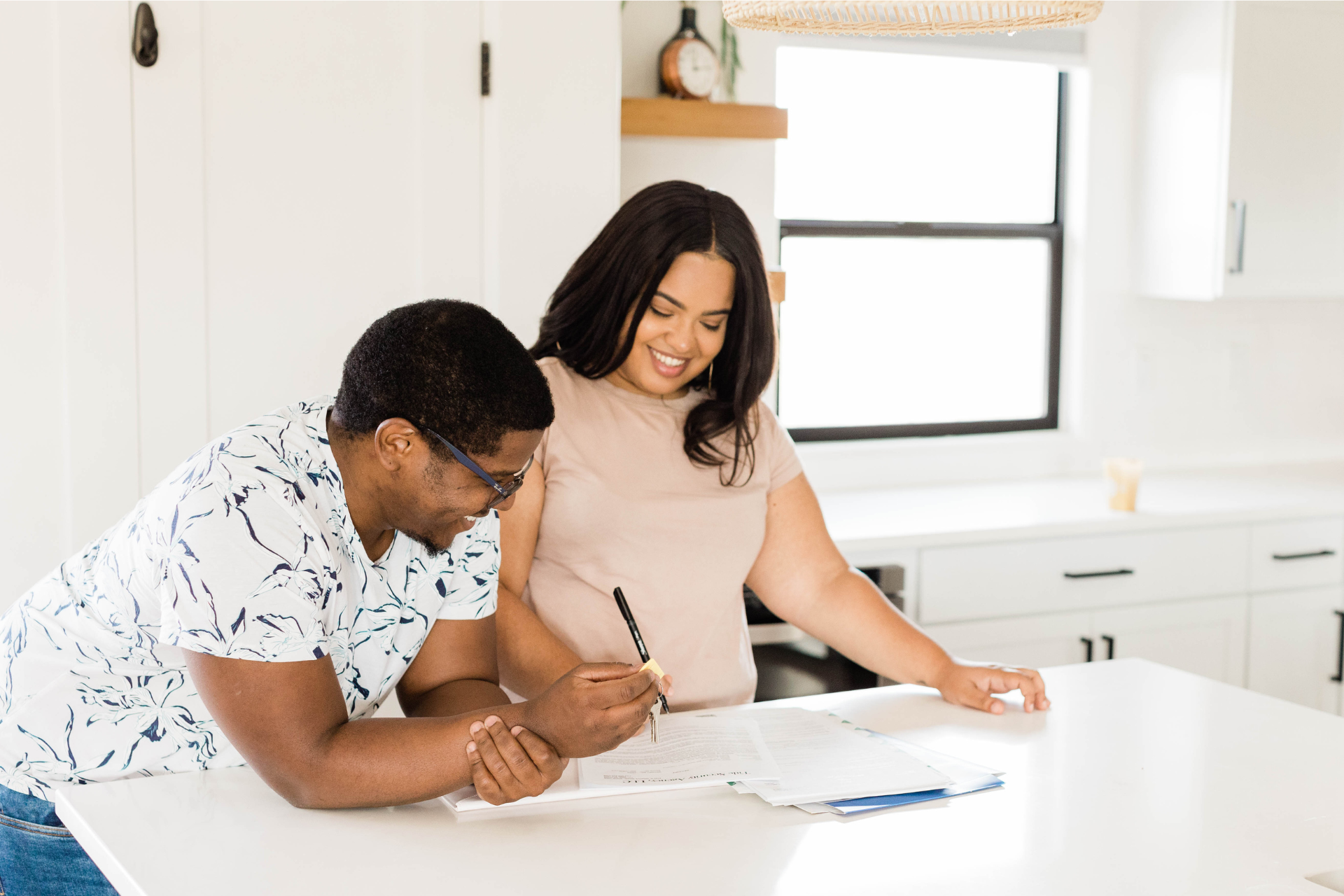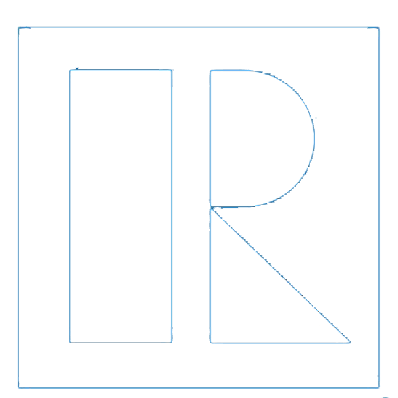Navigating Florida’s Hurricane Season: What Renters & Property Owners Need to Know
Navigating Florida’s Hurricane Season: What Renters & Property Owners Need to Know
Florida’s hurricane season, which runs from June through November, brings an increased risk of wind damage, flooding, power outages, and property loss. Whether you’re a rental property owner or a tenant, preparation is essential to ensure safety, minimize damage, and make recovery smoother after the storm passes.
Here’s what both property owners and renters should keep in mind when preparing for hurricane season in the Sunshine State.
For Property Owners: Protecting the Investment
As a landlord, your responsibilities go beyond general property upkeep—hurricane preparation should be part of your regular seasonal planning. In addition to protecting the physical structure, proper planning helps you avoid costly repairs and disruptions to rental income.
Key steps for owners include:
· Conduct a pre-season property inspection: Check for overhanging branches, loose fencing, roof vulnerabilities, and clogged gutters.
· Secure outdoor features: Make sure patio furniture, grills, and other exterior items are stored or secured in advance.
· Communicate with tenants: Provide clear information about emergency procedures, evacuation routes, and expectations before and after a storm.
· Review your insurance coverage: Ensure your policy includes protection against wind and flood damage and verify your coverage limits are up to date.
· Line up vendors in advance: Having a plan in place for emergency repairs can save time and frustration after a storm.
For Renters: Know Your Role and Responsibilities
While property owners are responsible for the building and major systems, renters have their own role in staying safe and protecting personal property.
Tips for tenants during hurricane season:
· Secure personal belongings: Bring in bikes, furniture, or other items that could become projectiles during high winds.
· Stay informed: Sign up for local alerts and monitor weather updates from reliable sources.
· Have a plan: Know evacuation zones, routes, and shelters in your area.
· Understand your lease: Review any clauses related to storm damage and responsibilities.
· Purchase renters insurance: A landlord’s policy won’t cover your personal items. Renters insurance helps protect your belongings and may also cover temporary housing costs if the unit is uninhabitable after a storm.
After the Storm: Working Together
After a hurricane, both owners and renters may have concerns about damage, repairs, and timelines. Open communication is essential. Owners should assess damage promptly and coordinate any necessary repairs, while tenants should report issues and follow up as needed.
In many cases, leases will spell out who is responsible for what. But in general:
· Owners handle structural repairs, roof damage, exterior clean-up, and restoring essential systems (plumbing, electricity, HVAC).
· Tenants are expected to report damage, cooperate with repair access, and maintain cleanliness and safety within the rental unit.
The Bottom Line
Hurricane season doesn’t need to be overwhelming. With proactive planning, clear communication, and an understanding of each party’s responsibilities, both owners and renters can weather the storm more confidently.
If you're a property owner, now is the time to evaluate your emergency readiness plan and ensure your property is well-maintained. And if you're a renter, double-check your insurance coverage and make sure you’re prepared in case a storm heads your way.

